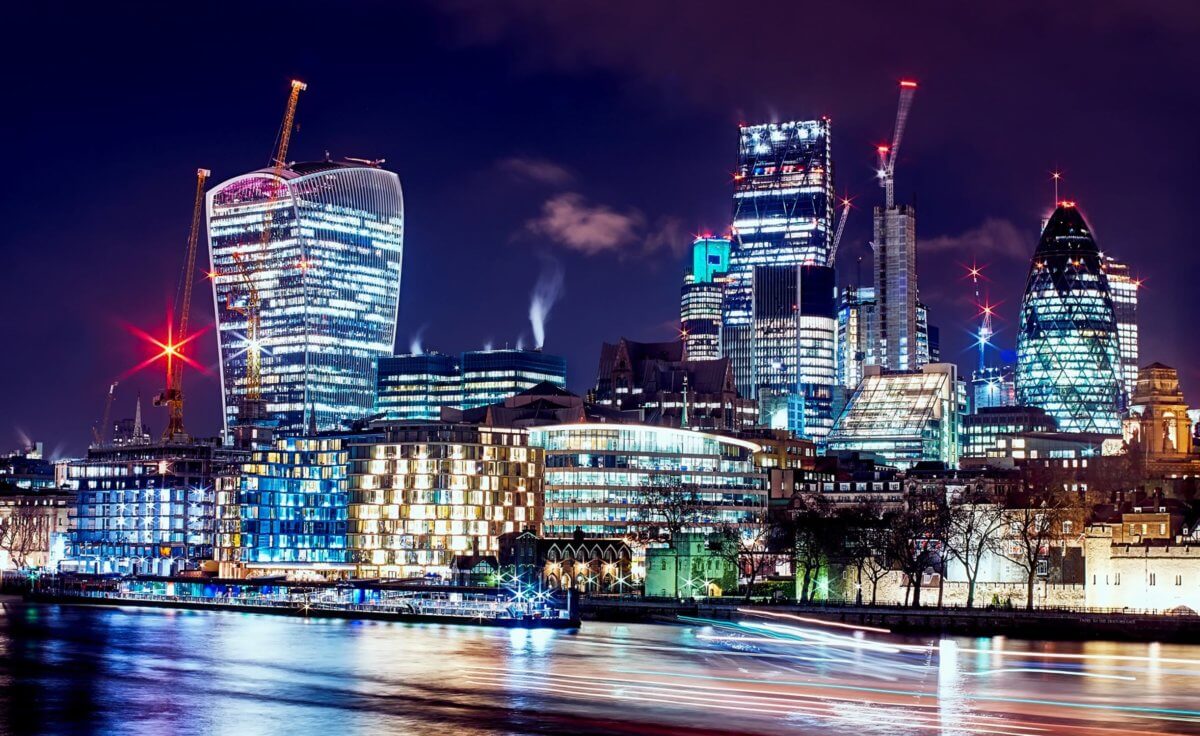It is worrying to see the amount of lights being left on in office buildings during night time, or even in the wee hours of the morning. As someone who enjoys a relaxing stroll at night, I have encountered big bright buildings with almost every level illuminated. Yet at the same time, hotels, apartment buildings and other commercial places had their lights turned off. This is simply because there is no one there. So, I wondered, what is the deal with these office lights?
As I scrolled through quite a few articles and blogs on the internet, I came across some reasons why lights may be left on. Some employees work well into the night or sometimes overnight. Janitorial and maintenance staff come in at night to perform their duties. Lights are also left on so that the buildings are ‘visible’ and aeroplanes don’t hit them. Another reason is to ensure building security – lighting discourages people from approaching.
But these reasons aren’t convincing. Obviously, employees and other staff are not working on every floor at all times during the night. High-rise buildings have antennas on the roofs to keep them from being hit by aeroplanes. Also, infrared security cameras requiring minimal lights solve the problem of crime. Not all lights need to be left on for security reasons. I looked into it some more.
Then I stumbled upon a study on occupants’ behaviour surrounding building energy use by South Africa’s North West University. It highlights exorbitant levels of energy use during non-working hours (56%) compared with working hours (44%). The study attributes this “largely to occupants’ behaviour of leaving lights on the end of the day, and partly to poor zoning and controls.” Such behaviour can also be due to simpler reasons – it’s easy for people to assume it’s someone else’s responsibility to turn off the lights. Perhaps they’re too stressed to think about it, or lack the motivation.
If it is just diffusion of responsibility and lack of motivation that is keeping the lights on, then it mustn’t be hard to turn this around. Here, Nobel Prize winner Richard Thaler’s ‘Nudge Theory’ comes in handy. The management can generate effective behavioural shifts among the occupants through simple ‘nudges’.
- For starters, energy awareness campaigns can prove to be a worthwhile investment. Employees need to be made more mindful and ensure switching off computer screens and lights before leaving the building.
- Incentives can be linked to the performance of cleaners, maintenance staff and security guards. This can encourage them to turn lights off when everyone is gone.
- The manager or the CEO can push for undertaking energy audits annually. These audits serve as effective feedback mechanisms on a company’s energy use. They can also highlight prospects for cost savings by eliminating wasteful consumption.
- Technology can be leveraged to ensure energy efficiency and minimum wastage. Progressing towards energy saving solutions like motion-sensor lighting is a fruitful investment. This not only reduces wastage but also alerts in case of crime.
Lighting technology is currently an area with immense potential for ensuring sustainable energy consumption. It is all up to us. Let’s take responsibility and do something about it.
We acknowledge the Ngunnawal and Ngambri people, who are the Traditional Custodians of the land on which Woroni, Woroni Radio and Woroni TV are created, edited, published, printed and distributed. We pay our respects to Elders past and present. We acknowledge that the name Woroni was taken from the Wadi Wadi Nation without permission, and we are striving to do better for future reconciliation.
